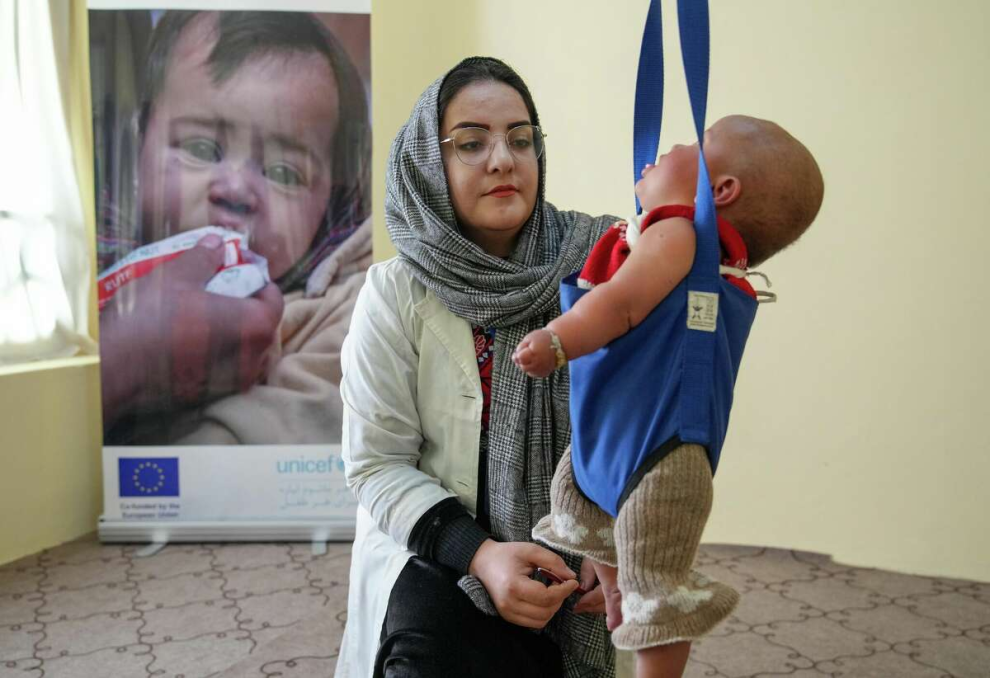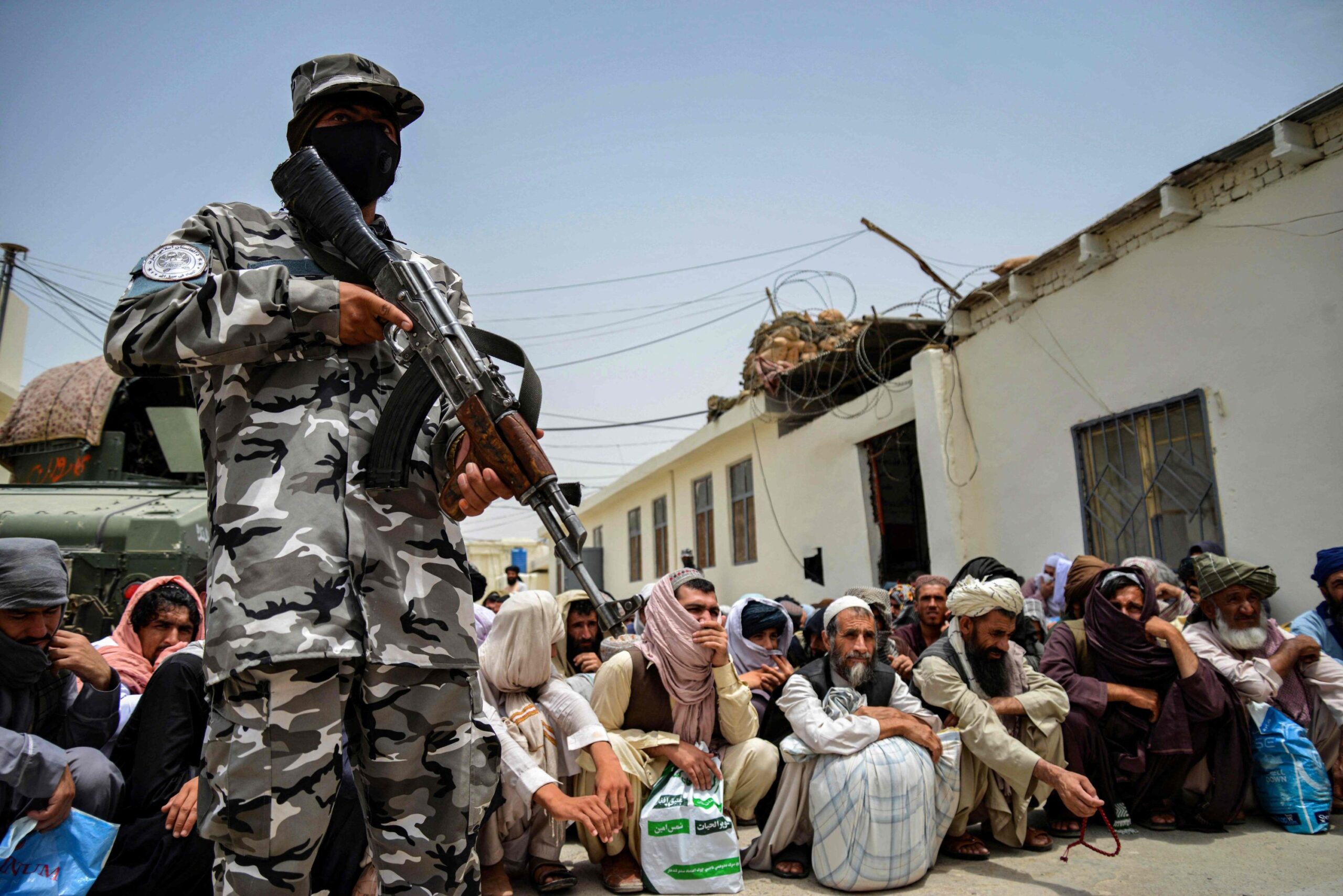FAIRFIELD — It’s one of the coldest winters on record in Afghanistan, and there are countless people in need, said Janti Soeripto, Save the Children’s president and CEO.
“It’s very, very cold. Food insecurity has spiked up since the takeover of the Taliban,” Soeripto said, reflecting on her most recent trip to the country, adding she saw firsthand that many infrastructure projects have been halted.
Soeripto said Afghanistan has the biggest humanitarian crisis in the world right now, adding that’s saying a lot considering other emergencies such as the war in Ukraine, where Save the Children is also working to provide aid. She said her organization has been working in Afghanistan since 1976, and has a large operation with 5,000 staff, about half of whom are women.
That is why, Soeripto said, it was an immediate issue when the Taliban banned women from working for non-governmental organizations late last year. She said that came after earlier bans on girls and women getting education. The Taliban took control of the country shortly after the United States and its allies withdrew in 2021
“This is a country where 28 million people are in humanitarian need,” she said. “Six million people are essentially at famine’s door. So, halting activities or programs like that, where lives are literally at stake, is of course a decision that we do not take very lightly.”
Save the Children has programs that provide funding to families in need, run schools for boys and girls, distribute food and treat malnutrition. She said the Taliban deciding to disallow about half of Save the Children’s workforce from participating in that humanitarian aid is deeply problematic.
“We of course stand by the principal of women being able to go to work wherever they want,” she said, adding they have been consistent with that message.
The Taliban later announced exemptions to the rule for certain sectors of NGO services. Soeripto said those exemptions have allowed the majority of their healthcare and education employees to continue their work.
“Already, and this has always been the case with the Taliban, and working in Afghanistan… there are always local negotiations where you come to a practical agreement about how we can do our work,” she said.
Soeripto said the capacity Save the Children’s Afghanistan programs are operating at is in flux. That is the case with all NGOs in the country, she said, noting that more than 55,000 people are employed by local and national humanitarian agencies there.
So she and other officials from NGOs went to Afghanistan two weeks ago as part of a delegation lead by United Nations Under-Secretary-General for Humanitarian Affairs and Emergency Relief Coordinator Martin Griffiths. She said the primary goal of being there was to show support for the humanitarian community, but also to engage in negotiations with authorities.
“We always work, as much as possible, in collaboration with local governments,” she said, noting that sometimes it is difficult, but they try to find a sliver of common ground in order to continue doing their important work.
They met with the heads of many different ministries of Afghanistan’s government. She said the meetings went well overall and officials said they were working on guidelines that would allow the work of NGOs to continue.
“As always, words are helpful but actions are more important,” she said.
The international community needs to watch how the existing exemptions hold and which ones are expanding, Soeripto said, and political engagement needs to continue with the Taliban. It can not just be humanitarians that are arguing their case, she said, later adding the world needs to push the Taliban to rescind the ban, even though that is unlikely.
“Make that message of support clear and front and center for the Afghan population,” she said. “It’s important (to show) particularly to the men and women and children of Afghanistan that the international community has not abandon them.”
source: ctpost





































